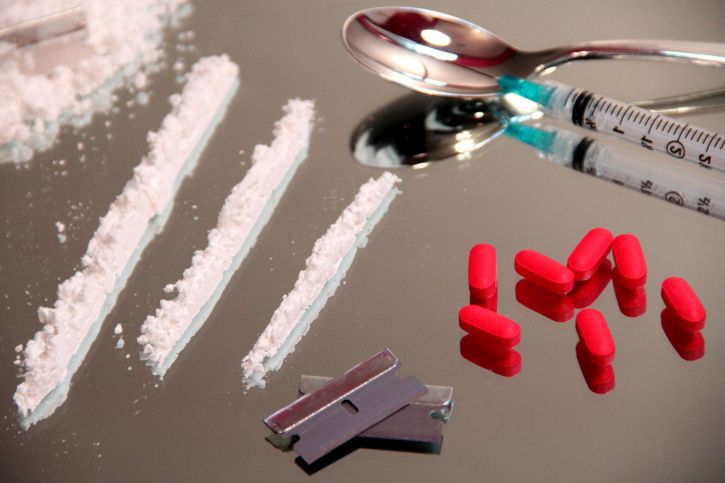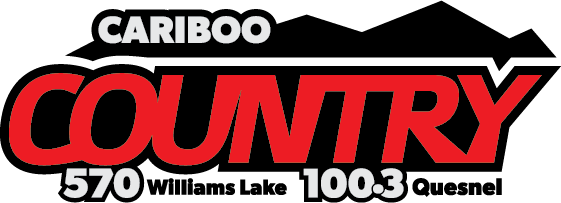B.C’s top doctor is urging the province to look at ways to implement the decriminalization of people who are in possession of controlled drugs for personal use.
Provincial medical health officer Dr. Bonnie Henry released her report today (Wednesday, April 24) entitled Stopping the Harm: Decriminalization of People Who Use Drugs in BC.
“It’s really important that we know that this is not the same as legalization,” she said.
“Legalization is what we did with cannabis where all levels from production, from use, from distribution are controlled and regulated. What we’re talking about is alternative pathways for people who are caught with substances with small amounts for their own use, and that can vary depending on the situation, where there are alternatives to incarceration, there are alternatives to criminal charges.”
“So this could be administrative charges, this could be connections with social services, with public health with health services and harm reduction services.”
At least 30 countries are exploring, or have in place, an alternative policy option that decriminalizes people for simple possession and use of controlled substances.
Henry said a number of pilot projects in the province are already trying to look at how we can do this in different communities particularly in Vancouver, Vernon, and Abbotsford.
“We will learn from those but we need to do more,” Henry said.
“Right now this is differentially applied in different communities and it’s at the discretion of local police forces. I believe we need to as a province say that this is the road that we want to take where we want to find alternatives to criminally charging people and incarcerating people for small amounts of drug use .”
Henry said experts, including people with lived experience, agree that our existing drug laws are further stigmatizing people living with addiction, a chronic, relapsing health condition.
It is estimated more than 115,000 people are living with opioid use disorder in B.C., while only a small percentage are receiving treatment.
Over 3,000 people in B.C. have died by overdose in the last two years.
Something going on in the Cariboo you think people should know about?
Send us a news tip by emailing [email protected].










